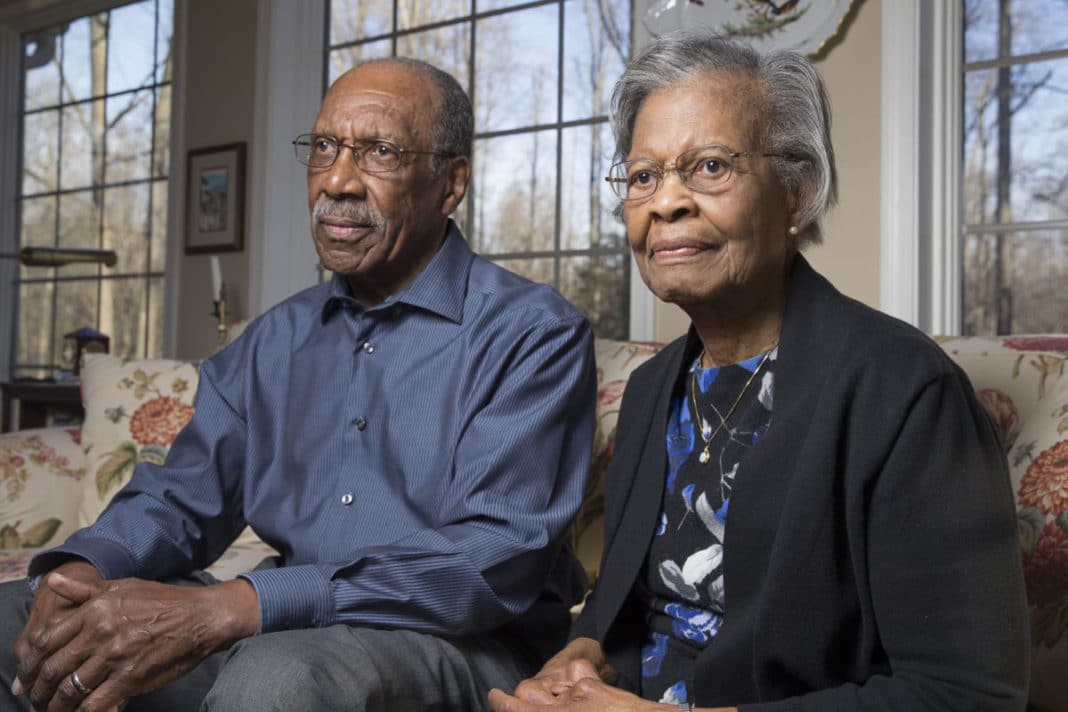
However, it did open up lines of communication and gave them a shared language to use.įor example, she wrote, "He knows what I mean when I say, 'Sweetheart, I'm not a sabre tooth tiger.'"Įbehardt wrapped up her excellent answer by saying that she and her son are "muddling through this crazy puberty thing" together, and that she's "completely confident that he'll come out the other end a sweet, wonderful young man." She also said this conversation didn't magically make her son always speak respectfully or make her remember that he's not a little boy anymore. When we let our kids know that we're going through these various phases together, it's easier to work with them instead of against them.Įberhardt said they "had a cuddle" before they got out of the car. But Eberhardt handled it with empathy and expertise. This is the moment where what a parent says can make or break a kid's spirit. They just come out, and then I feel bad." Her son nodded and said, “Sometimes I don't know why I say the things I do. That must be really hard for you to manage." So, the thing with puberty is that all of a sudden you've got an adult-sized amygdala hitting all your emotion buttons and your sabre-tooth tiger buttons. "Well, that's what the amygdala looks after: sabre tooth tiger warnings and big emotions. So you have to tell your brain that there's no sabre tooth tiger to help you calm down." You know how we've talked about fight/flight/freeze before, and how sometimes our brains think that being asked to speak in public is the same level of threat as being attacked by a sabre tooth tiger?" That's the part that controls your emotions and your survival instincts.

It's amazing what happens when we explain to kids the physiological reasons for what they're going through.Įberhardt continued, “The other thing is that one of the first parts of your brain that gets super-sized to be like an adult is the amygdala. Her go-forward determination led to her regain most of her mobility, and she even survived heart surgery and cancer years later. But during her recovery, she worked toward returning to school and earned a doctorate. And following a well-earned vacation with her husband, she suffered a major stroke. West would continue her work until her retirement in 1998.Īfter more than 40 years of calculations and complex data analysis, West retired. Kenyan Maasai warriors relay the GPS coordinates of the location of two young lionesses they'd been tracking on foot.

"When you're working every day, you're not thinking, 'What impact is this going to have on the world?' You're thinking, 'I've got to get this right,'" West once said in an interview with The Associated Press. The technology has changed the way we play, work, navigate, and explore our communities. Pretty much every "smart" device - from cellphones to fridges to dog collars - has GPS capabilities these days. West and her colleagues back then probably could not have speculated just how much their calculations would affect the world. An example of the early computers in the 1950s.


 0 kommentar(er)
0 kommentar(er)
